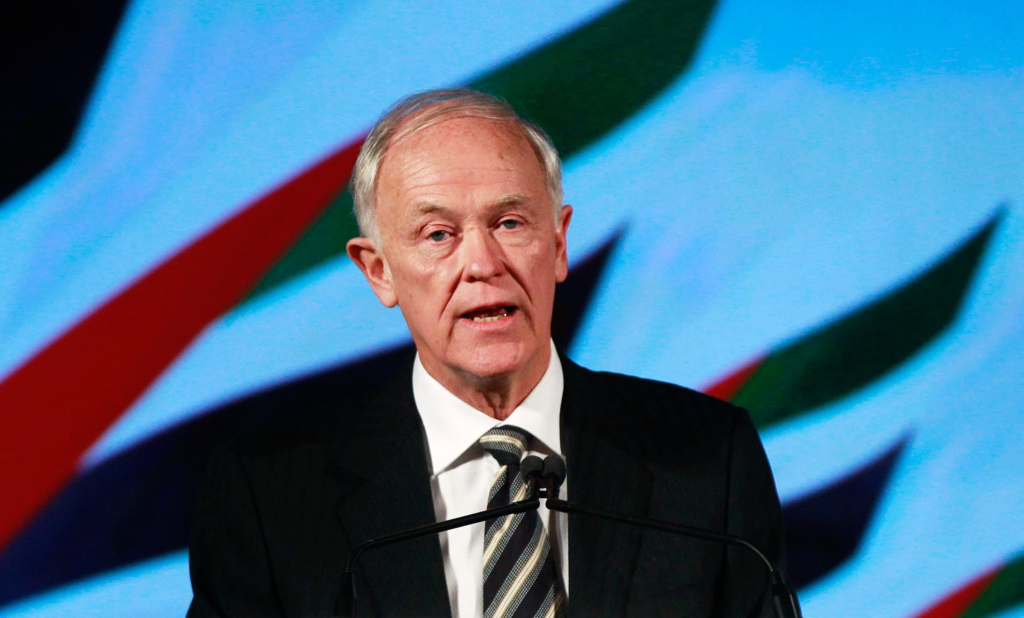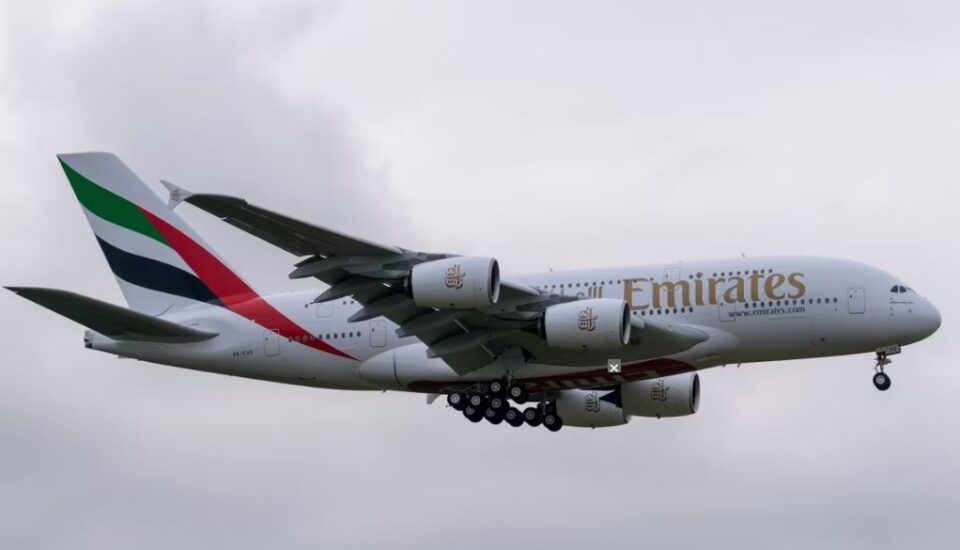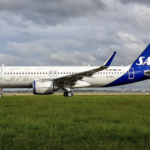The CEO of Emirates doesn’t think Saudi Arabia’s neighbors will hurt his airline’s position despite its ongoing expansion.

Tim Clark, CEO of Emirates, stated on Tuesday that he doesn’t think the growth and expansion of different Saudi Arabian airlines will have an impact on Emirates’ operations. He made these remarks during the Arabian Travel Market. According to Clark, despite the surge in competition, there is still enough demand in the region for Emirates to continue to prosper. He gave the other airlines good luck during the conference and thanked them for their contributions to the global air transit business.
Threat assessment
It goes without saying that two airlines serving the same market are necessarily rivals. Emirates, which is based in Dubai and specializes in long-distance international travel, has seen its fair share of rivalry in markets all over the world. However, as more airlines have emerged in Saudi Arabia and have been expanding their route networks, it is now coming under closer threat.
All of these emerging airlines are vying for a larger slice of the market that Emirates blatantly dominates. In particular, Saudia, the country’s expanding flag carrier, as well as the incoming Riyadh Air and Neom, have expressed an interest in increasing its long-haul flights.
Although the priorities of the various airlines and the routes they serve differ, a large portion of these airlines’ operations are still conducted in areas that Emirates has long controlled. Saudia, Neom, and Riyadh Air are the three Saudi Arabian Airlines that Zawya claims could pose a danger to Emirates’ operations. From the outside, these airlines would seem to pose a small danger to Emirates at the moment. Clark, though, repeatedly informed the media this morning that there is no such threat. Does that have an impact on us? I don’t think so, in fact.
As long as Emirates keeps doing what it has always done well, customers will continue to utilize it.This is going to be very interesting to observe in the case of Saudi airlines, of which there will now be three: Riyadh, NEOM, and Saudia. According to Clark, these airlines will support, rather than impede, Emirate’s operations. He claimed that there seemed to be a high demand for air travel in the area, especially among leisure travelers, and that these airlines would inject money into the regional travel industry, indirectly helping Emirates’ revenue. Clark continued by saying,
It’s excellent for the region and the aviation sector if they’re going to spend trillions of dollars, too. Likewise, good luck to them.
It’s crucial to keep in mind that Emirates has faced competition in the past, most recently from Qatar Airways and its neighboring flag carrier, Etihad. The airline located in Dubai has maintained strength despite significant growth and investments, and it intends to do so once again.
internal danger
Clark claims that Emirates’ neighbors don’t significantly affect the company’s operations. But he pointed out that the bigger worry is delayed aircraft deliveries. The airline now uses a fleet of Boeing 777 and Airbus A380 aircraft. Many of its flagship A380 aircraft went into storage during the pandemic. To meet the rapidly growing demand for air travel, the airline is now rushing to get all of its A380s back in the air. It is working hard to launch all of these titans while excitedly awaiting the arrival of its next-generation aircraft.
The airline has 165 jets on order that will be a crucial component of its fleet in the future. The aircraft in this upcoming fleet are Airbus A350s, Boeing 777-9s, and 787s. By July 2025, it intends to get the first 777-9. Unfortunately for the airline, this order has often been delayed for a variety of causes. Clark is optimistic that the airline will have enough of birds to fly until the 777-9s arrive despite these delays because he believes the A350s will start flying for Emirates by August 2024.





